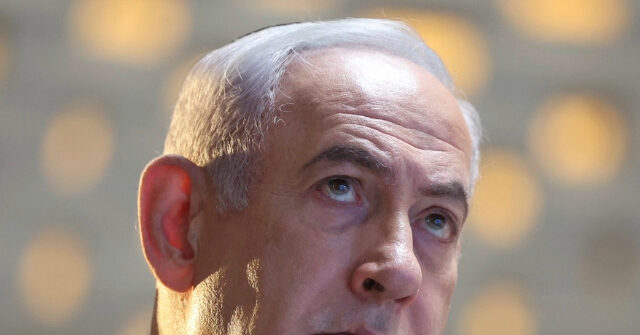In recent developments in Israel, three suspects have been arrested for allegedly firing flares at Prime Minister Benjamin Netanyahu’s private residence in Caesaria. This incident occurred on a Saturday night, leading to nearby fires, although Netanyahu was not at home at the time. Notably, this location has faced security threats before, including an attack by a Hezbollah drone weeks earlier. Among those arrested is Rear Adm. (res.) Ofer Doron, a former senior Navy officer, who is recognized for his leadership in left-wing protests against the government’s judicial reforms earlier in 2023. The other two suspects, Amir Sadeh and Itai Yafeh, are also known for their anti-government activism.
Ofer Doron had become particularly prominent last year when he publicly announced his refusal to participate in volunteer reservist duty as a form of protest against the government’s controversial judicial overhaul plan. His subsequent suspension from the reserves highlights the potential personal consequences for those opposing governmental policies. The other suspects, defined as longtime protesters, reportedly claimed they did not intend to directly target Netanyahu’s residence, suggesting their actions might have stemmed from a broader context of dissent rather than an explicit violent intent.
The backdrop of this incident includes significant protests throughout 2023, wherein large crowds took to the streets to oppose the proposed judicial reforms heralded by Netanyahu’s coalition. These reforms aimed at recalibrating what supporters viewed as an overreach by activist courts. In reaction to the proposed changes, many left-wing protesters asserted their refusal to serve in the military, an act seen as both a political statement and a direct challenge to national unity. The protests persisted until October 7, when an unexpected invasion by Hamas militants shifted public and political focus away from the protests and towards immediate security concerns.
Critics of the protest movement have voiced concerns that the sustained demonstrations and refusal to serve in the military could jeopardize national security. By promoting disunity at a time when external threats could potentially exploit internal divisions, the protesters’ actions have raised significant alarm among political leaders and security experts alike. Such sentiments intensified following the Hamas attacks, which forced a reassessment of the protestors’ motivations and objectives, as many citizens prioritized safety and security in the face of violence.
The landscape of anti-Netanyahu sentiment has transformed since the escalation of hostilities, with renewed protests emerging primarily aimed at demanding action for the release of Israeli hostages taken by Hamas. However, this movement faces its own challenges, primarily the continuing threat posed by Hamas, which complicates the political environment and makes clear distinctions between opposing the government and confronting terrorist threats increasingly difficult to navigate.
In a parallel development, Netanyahu himself has expressed awareness of targeted threats against his life, invoking the seriousness of political violence that has claimed public figures in recent history. Drawing a parallel to previous attempts on the life of figures such as Donald Trump, he has underscored the precarious nature of leadership in such a divided society. As the political atmosphere remains volatile, the intertwining of domestic dissent and external threats will likely continue to influence the trajectory of Israeli politics and public discourse in the forthcoming months.

